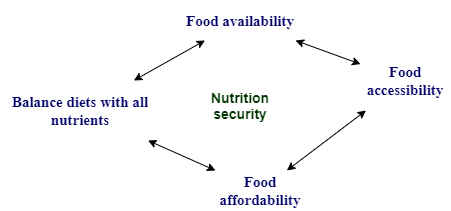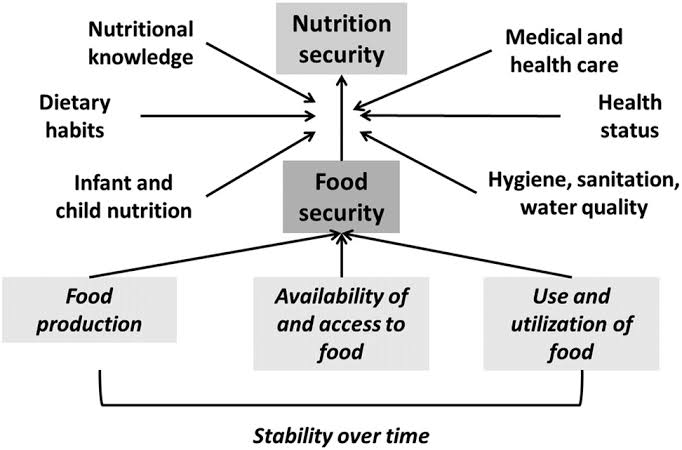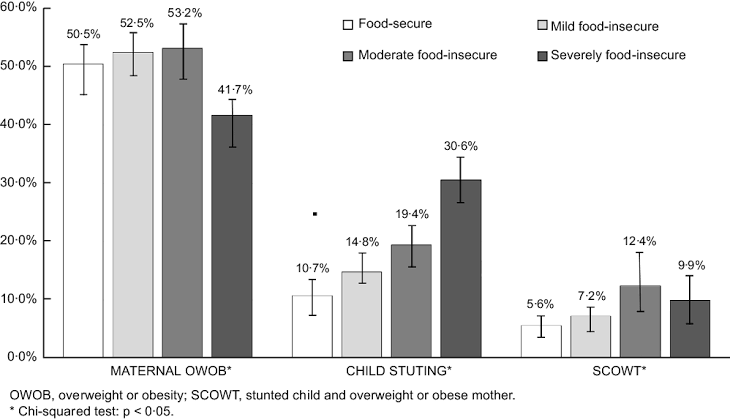
By Francis Kioko
Date August 1st 2024
The Kenyan Parliament has introduced the Livestock Bill 2024 ,a legislation aimed at transforming the livestock sector, ensuring a reliable supply of safe livestock products while supporting the broader goals of national food security and nutrition.

The Kenya Livestock Bill 2024 addresses several critical areas that have historically hindered the livestock sector. One of the primary objectives is to increase the productivity and sustainability of livestock farming. The bill introduces measures to improve animal health services, regulate breeding practices, and promote the use of high-quality feeds and veterinary care. By enhancing these foundational elements, the bill aims to increase the output and reliability of livestock products.

The bill also emphasizes the importance of modern farming techniques and technologies. It includes provisions for government support in adopting innovations such as precision farming, better waste management systems, and the use of renewable energy sources on farms. These advancements are expected to make livestock farming more efficient and environmentally sustainable, ultimately contributing to a more secure food supply.

Kenya’s nutritional challenges are multifaceted, often characterized by both undernutrition and malnutrition. The Livestock Bill 2024 tackles these issues by ensuring that livestock products, which are crucial sources of protein, vitamins, and minerals, are more accessible and affordable to the Kenyan population.


The bill includes initiatives to support small-scale farmers, who are a significant part of the livestock industry but often lack resources and access to markets. By providing training, subsidies, and infrastructure improvements, the bill aims to boost the productivity of these farmers, increasing the availability of diverse and nutritious livestock products across the country.

Furthermore, the bill mandates the establishment of nutritional standards for livestock products, ensuring that they meet specific health and safety criteria. This move is expected to enhance the quality of meat, dairy, and other animal products available to consumers, directly improving the dietary intake of many Kenyans.

One of the standout features of the Kenya Livestock Bill 2024 is its rigorous approach to food safety and quality assurance. The bill proposes the creation of a robust regulatory framework to oversee the entire livestock production chain, from farm to table.
The bill allocates resources for the training and deployment of more veterinary professionals, ensuring that livestock receive adequate medical care and disease management. This will help in controlling outbreaks of diseases such as foot-and-mouth disease and Rift Valley fever, which have previously disrupted supply chains.

To ensure transparency and accountability, the bill mandates the implementation of traceability systems. These systems will track livestock and livestock products throughout the supply chain, from farms to slaughterhouses to retail outlets. Such measures will help in quickly identifying and addressing any safety issues that arise.
The bill introduces stringent quality control standards and regular inspections to ensure that livestock products meet health and safety regulations. These measures are designed to prevent the contamination of meat and dairy products, reducing the risk of foodborne illnesses.

Recognizing the importance of proper infrastructure in maintaining food safety, the bill includes provisions for the development of modern slaughterhouses, processing plants, and cold storage facilities. These investments are crucial for preserving the quality of livestock products and extending their shelf life.
The Kenya Livestock Bill 2024 represents a comprehensive and forward-thinking approach to addressing the challenges faced by the livestock sector. By focusing on improving productivity, enhancing nutritional quality, and ensuring the safety of livestock products, the bill is set to make a significant impact on national food security and nutrition. As Kenya moves towards implementing this legislation, it paves the way for a healthier, more resilient population and a more robust agricultural sector.




